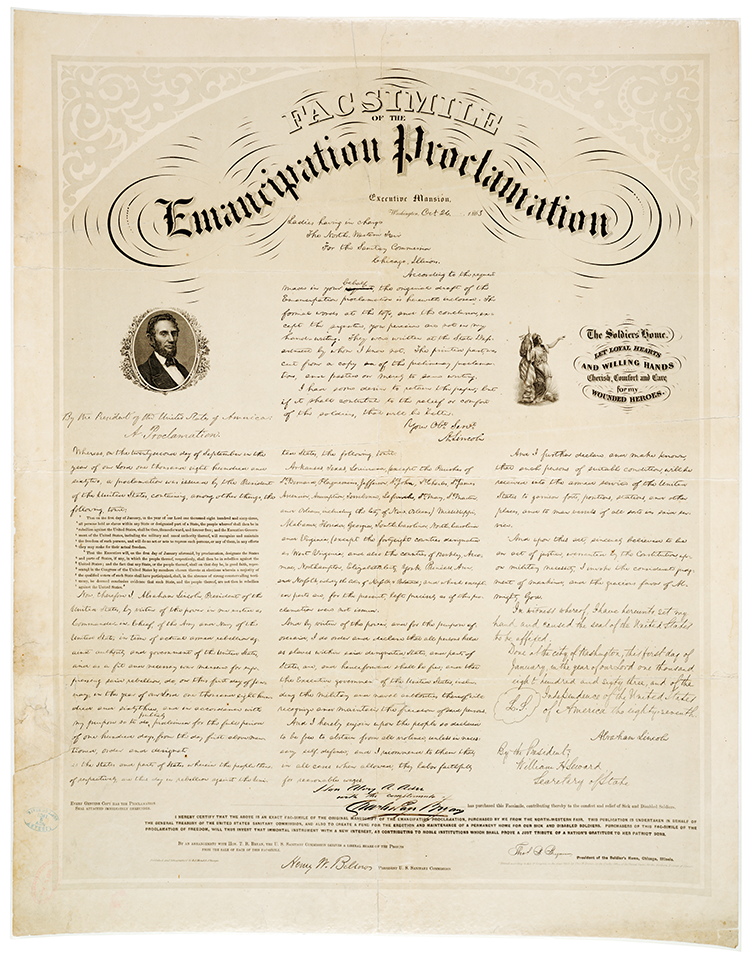“If the cruelties of slavery could not stop us, the opposition we now face will surely fail.”—Dr. Martin Luther King, Jr.
To recognize the historic significance of June 19th, we must understand the importance of this day for our country. This date marks a critical event in our country’s history. On June 19, 1865, Union Colonel Gordon Granger informed more than 250,000 enslaved African Americans in Texas that they were free. The 13th Amendment followed on Dec. 8, 1865.  While the Emancipation Proclamation became official on Jan. 1, 1863, many of those enslaved were in states where slavery continued or where they didn’t know that they were free. The now annual celebration of Juneteenth, in recognition of independence from slavery, began a year later, June 19, 1866.
While the Emancipation Proclamation became official on Jan. 1, 1863, many of those enslaved were in states where slavery continued or where they didn’t know that they were free. The now annual celebration of Juneteenth, in recognition of independence from slavery, began a year later, June 19, 1866.
As reflected in Chancellor Gary May’s statement on this holiday, “However, progress sometimes moves at a glacial pace.” We are in the midst of a social reckoning with our past. The horrific reports of injustice and violence toward citizens of color have made us confront the persistent history of racism in our country. The COVID19 pandemic and its disproportionate effects on African American and other communities of color, dramatically illustrates the failures of our healthcare and social justice systems. Celebrating June 19th brings out the resilient nature of the people that helped build our country, and our ability to educate ourselves. This day demonstrates our shared humanity, especially during these difficult days. Today, we must stand together for the greater good in all of us, recognize our past, and work toward a better future.
 To celebrate and learn more about this important date, please join the Chancellor and our veterinary medicine community at an online Juneteenth festival, co-sponsored by Sac Cultural Hub—a partner of our UC Davis’ Office of Diversity, Equity and Inclusion. The festival, from June 19th to June 28th, will host concerts, music, exhibit booths, workshops, and more.
To celebrate and learn more about this important date, please join the Chancellor and our veterinary medicine community at an online Juneteenth festival, co-sponsored by Sac Cultural Hub—a partner of our UC Davis’ Office of Diversity, Equity and Inclusion. The festival, from June 19th to June 28th, will host concerts, music, exhibit booths, workshops, and more.
On this day, please take the opportunity to educate yourself on African American history and contemporary issues. It’s also a time to learn, grow, and appreciate the value of diversity, equity, inclusion, and social justice.
